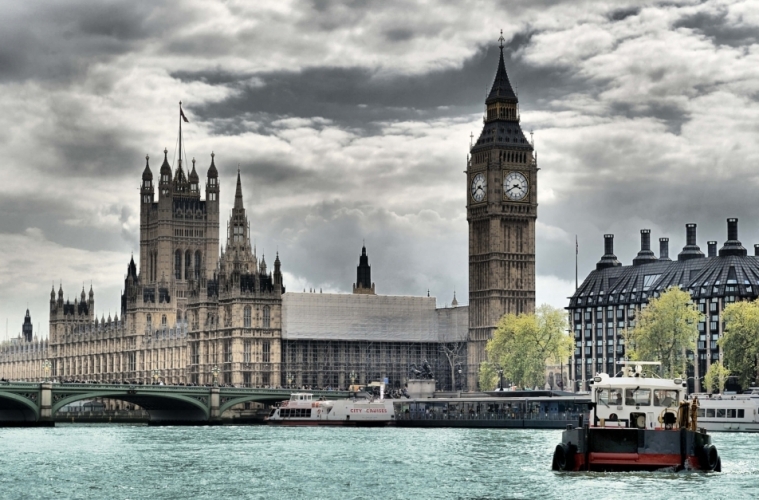Good afternoon,
Budget day is always a strange day for a market economist; tearing through the details of tax and spend, headlines and small print and, more often than not, seeing that sterling and UK government debt has not paid the blindest bit of notice to any of it. Today’s speech from Chancellor Hammond could easily see the same reaction with sterling and investors spending more time focusing on Brexit and wider geo-political and geo-economic factors than changes in the tax regime here.
Chancellor Hammond has already noted that should Brexit negotiations fail to find consensus before the end of the Article 50 period and the UK leaves in a no-deal scenario then another Budget would be needed.
So what to look out for? Here are the five things that we expect to dominate proceedings this afternoon
1) Is austerity over?
Much like George W Bush standing on the deck of an aircraft carrier announcing “Mission Accomplished”, Theresa May stood on stage at the Conservative party conference and announced that austerity was due to come to an end. How it will come to an end depends on what is said today at the despatch box.
There is no easy way of measuring whether austerity has come to an end of course – and given debt dynamics some would say it never started – but should the Chancellor’s spending figures show that they are increasing at a rate than is faster than the current rate of inflation then that’s as good a sign as any.
2) Where is the money coming from?
Let’s say for the sake of argument that spending is to increase by an average of 0.5% above inflation every year. If that’s the case then for the rest of the parliament we have to ask just how all of this is going to be paid for? The Chancellor was given the best bit of news that he could have received last week when the Office of Budgetary Responsibility reassessed their deficit figures and discovered that the UK is £13bn richer than it was previously thought to be.
Hammond could do the politically expedient thing of using the £13bn and nothing else – i.e. keep borrowing and taxes as is and wait for the outcome of the Brexit negotiations before changing policies further. The Conservative party announced plans to raise the minimum threshold for income tax from £11,850 to £12,500 by 2020 in their manifesto, while the lower boundary to pay the higher-rate was set to rise to £50,000. While not a ‘tax-increase’ in the classical sense, pausing this increase would see the Chancellor raise a lot more money by the end of the parliament whilst remaining prudent in the short term.
3) What does growth look like?
Economic projections always come with caveats but numbers within this Budget come with probably the hairiest, great big asterisk you ever did see. Everything is contingent on a smooth departure from the European Union by the end of the Article 50 period.
We don’t think growth expectations will change much between now and the Spring Statement with any near-term weakness expected to be made back in short order.
4) Help for businesses
We have long been an advocate of lower business rates: they are a dull instrument that have been a drag on small and medium sized businesses for too long and are not fit for purpose. A tax on a property’s ‘rateable value’ set centrally but paid locally allows no flexibility for local authorities to levy what they think fair and equitable for their business constituents and also happens to be one of the few direct taxes that is levied with no forethought as to that business’s ability to pay.
In this post-vote, pre-Brexit world wherein the UK is desperate to attract investment from businesses that can take advantage of our well-educated, highly-skilled workers what could help more than cutting some of the most onerous business taxes in the G7?
5) Is there a rabbit in the hat?
Budgets have had all the tact of the detective Columbo for years now; a Chancellor laying out plans, turning away before announcing ‘just one more thing’ and announcing something that will dominate the news headlines. If austerity really is over then the announcement that George Osborne’s freeze on working age benefits will end in 2020 could do the job and set up a conversation on Theresa May’s pitch for the centre ground once again.
Chancellor Hammond will stand to speak at 3.30pm this afternoon. Sterling may be well be doing something else entirely at that time however.
Have a great week.
Jeremy Thomson-Cook, Chief Economist


